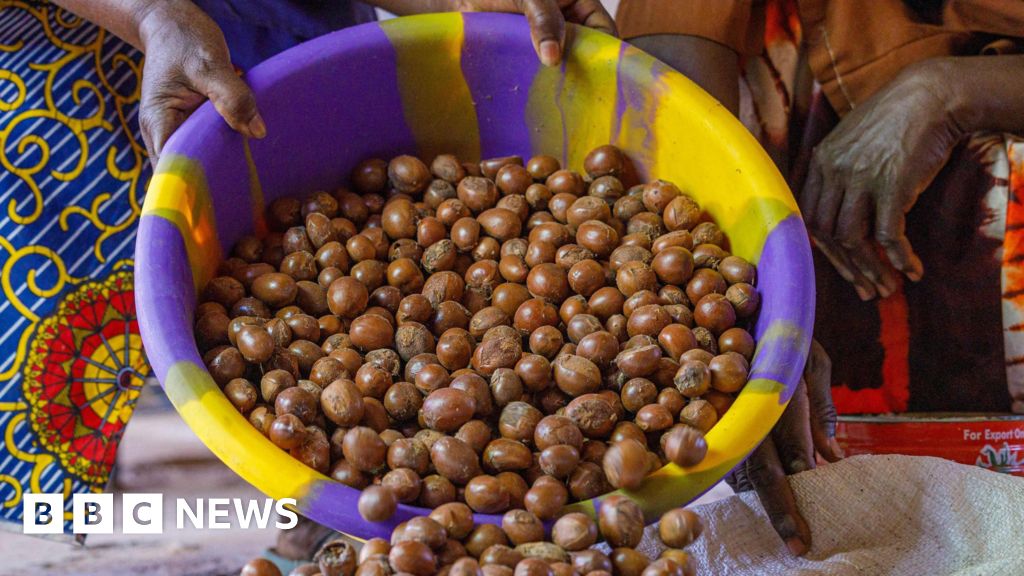An investigation by BBC Eye has revealed that Aveo Pharmaceuticals, an Indian pharmaceutical company based in Mumbai, is illegally manufacturing and exporting unlicensed, highly addictive opioids to West Africa, exacerbating a significant public health crisis in nations such as Ghana, Nigeria, and Côte d'Ivoire. The company's products, marketed under various names, contain a dangerous blend of tapentadol—a potent opioid—and carisoprodol, a muscle relaxant banned in Europe due to its addictive properties.
Despite being unlicensed globally and associated with severe health risks such as breathing difficulties and seizures, these opioids have gained popularity as street drugs in West Africa due to their affordability and accessibility. Reporters found Aveo-branded pills readily available on the streets of cities across Ghana, Nigeria, and Côte d'Ivoire.
Using undercover operations, BBC journalists infiltrated Aveo’s facilities, where they documented a director, Vinod Sharma, casually discussing the drugs' appeal to teens in Nigeria. He nonchalantly noted that taking multiple pills could lead to a "high," while acknowledging the dangers of his products. This careless attitude illustrates the company's disregard for the health of millions in West Africa.
Dispelling the troubles caused by opioids, local leaders in Ghana, such as Chieftain Alhassan Maham in Tamale, have initiated community efforts to combat drug abuse, including the formation of a task force comprised of local citizens focused on dismantling the drug trade. During one raid, task force members discovered Aveo's Tafrodol pills in the possession of a dealer, underscoring the widespread impact of these drugs in the community.
The problems extend beyond Ghana; authorities in Nigeria and Côte d'Ivoire also report similar trends. Nigerian statistics indicate that nearly four million people are abusing opioids, threatening the well-being of families and communities.
The situation worsened after previous regulatory actions on the sale of the widely abused drug tramadol. In the wake of a crackdown, Aveo shifted to manufacturing a new lethal cocktail of tapentadol and carisoprodol, which has proven to be more dangerous and is continuing to circulate illicitly across West Africa.
Experts emphasize the severe withdrawal symptoms associated with combining these two substances, with Dr. Lekhansh Shukla describing the cocktail as a reckless amalgam that poses existential risks to users. Although Indian law prohibits the production and exportation of unlicensed drugs without adhering to importing country standards, Aveo’s activities violate these laws.
Though Aveo Pharmaceuticals and Indian drug regulators have been approached for comments, no response from the company has been forthcoming, while the government stresses its commitment to combating such illegal practices. As local efforts to incinerate seized drugs continue, the ominous reality remains that the producers of these harmful opioids are profiting off the health crises they are engendering in vulnerable regions thousands of miles away.






















